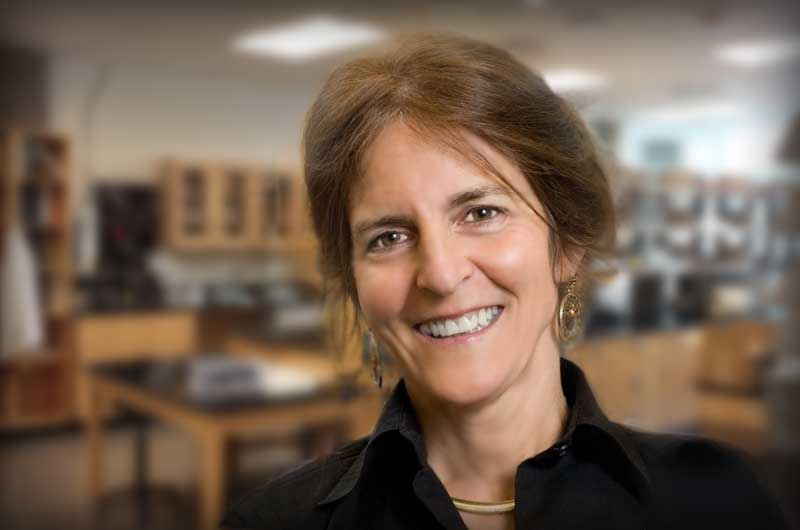
For the last three decades, Jean Bennett has been a pioneer in gene therapy looking for a way to treat a hereditary form of blindness. Bennett joined the faculty of the University of Pennsylvania in 1988 and has remained there since, now serving as a Professor of Ophthalmology at the Perelman School of Medicine. Her groundbreaking research into retinal diseases led to the development of the marketed gene therapy product, Luxturna. In 2017, Luxturna received FDA approval, making it the nation’s first gene therapy approved for the treatment of a genetic disease and the first in which a new, corrective gene is injected directly into a patient. In addition to teaching, Bennett is also a Co-Founder of Spark Therapeutics, serves on the scientific advisory board of GenSight, and is a member of the scientific advisory board at Akouos. For her transformative contributions to medical science, she has been the recipient of numerous honors, including the Sanford Lorraine Cross Award, the Smithsonian American Ingenuity Award, and the Lighthouse Guild’s Bressler Prize in Vision Science. Bennett’s work has been published over 220 times and she has numerous patents for the genetic methods and technologies developed in her laboratory.
Born to a Yale family (her father was a Yale professor), Bennett was exposed to an academic environment from an early age. As a senior in high school, she joined the Yale Symphony Orchestra’s tour of Vienna as a viola player. She also worked in Yale’s biology labs before becoming an undergraduate.
In 1972, she made things official with her future alma mater, enrolling in Yale as a freshman. On campus, Bennett did more than study. She continued to play viola in the Yale Symphony Orchestra, tutored New Haven school students, performed in numerous impromptu concerts with friends, played intramurals, and conducted intensive research on DNA sequencing with Professor of Biology Joseph Gall. She was also involved in “mini-projects” at the Yale Medical School in electron microscopy, working under the mentorship of various esteemed professors. In 1976, she received a Bachelor of Science degree in biology, graduating with honors.
As someone who considered the Yale University campus to be her childhood "backyard," it is not a surprise that Bennett continues to remain attached to her alma mater. To date, her biggest honor from Yale came in 2020, when she was selected as that year's Class Day speaker for Yale. “I’m so humbled by this extraordinary experience,” Bennett said. “I definitely have a fondness for Yale and a connection that was based not only on [my] childhood experiences but also on being an undergraduate there and connecting with people beyond that time.”
Under normal circumstances, graduating seniors would have gathered on Old Campus to partake in the storied traditions synonymous with Class Day. In 2020, however, the event was held virtually and Bennett reflected on her time as a Yale student, drawing a connection between researching HIV/AIDS as a Yalie and today’s global scientific movement to understand SARS-COV-2. At the end of her talk, Bennett shared her positive vision for a future that will only be enhanced by great universities producing great scientists.
